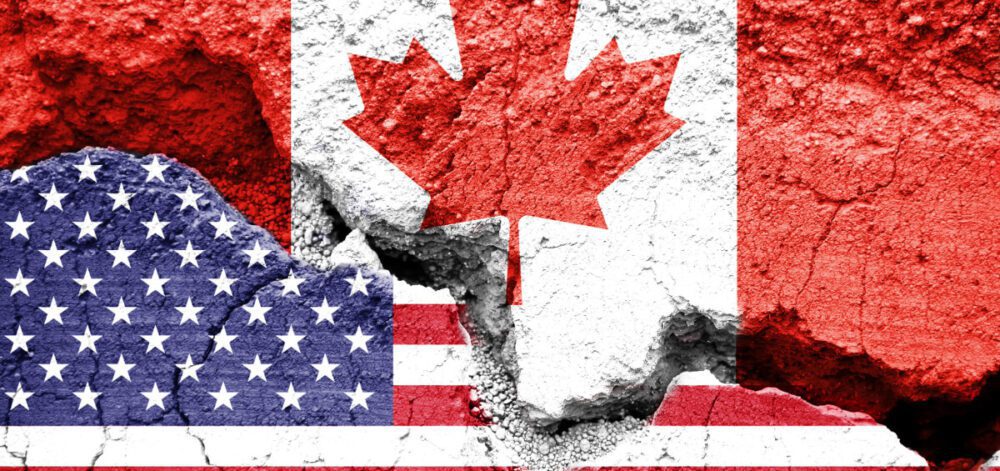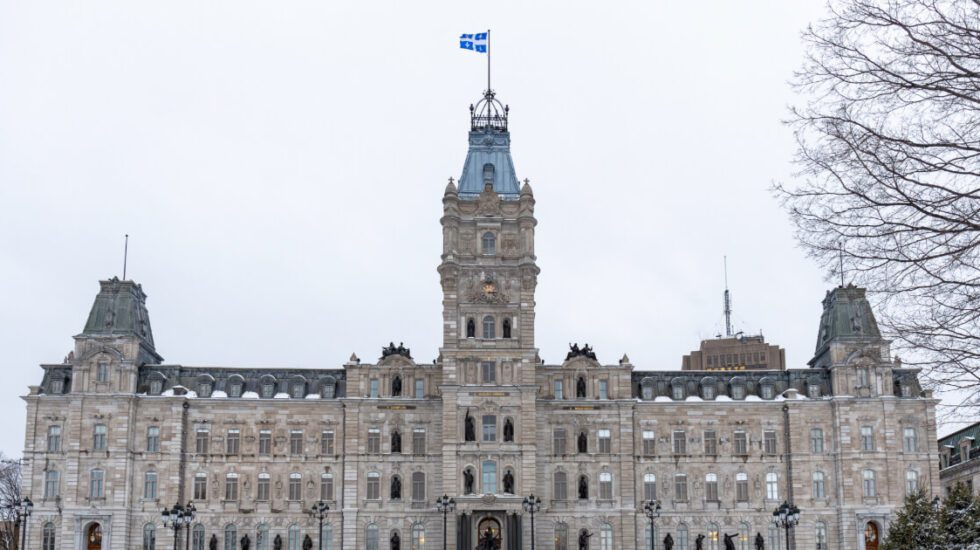Provincial Tariff Support Programs
As global trade tensions impact industries across Canada, provincial governments have stepped in with Provincial Tariff Support Programs to help businesses adjust. Whether it’s through financial relief, procurement restrictions, or incentives to diversify markets, these programs aim to minimize the impact of tariffs on Canadian companies. If your business relies on international trade, understanding what’s available in your province could help you navigate these changes more effectively.
Provincial Tariff Support Programs Across Canada
Each Canadian province has introduced different measures to address the challenges posed by tariffs. While some focus on financial assistance, others take a regulatory approach to limit reliance on U.S. suppliers.
Alberta
The Alberta government has taken a strong stance by discouraging purchases from U.S. suppliers and contractors. Measures include:
- Halting procurement of video lottery terminals (VLTs) from U.S. manufacturers.
- Removing U.S. alcohol products from shelves.
- Restricting contracts with U.S. businesses.
British Columbia
British Columbia is exploring legislative changes to protect local businesses. The proposed measures include:
- Removing interprovincial trade barriers to help B.C. businesses expand within Canada.
- Imposing tolls and fees on U.S. commercial vehicles traveling to Alaska.
- Prioritizing low-carbon fuel production within Canada.
Saskatchewan
Saskatchewan is focusing on reducing dependence on U.S. goods and services. Key actions include:
- Prioritizing Canadian suppliers in government procurement.
- Stopping the purchase and sale of U.S.-made alcohol.
- Pausing capital projects that rely heavily on U.S. contractors and materials.
Manitoba
Manitoba’s support programs focus on financial relief for businesses facing tariff-related difficulties, including:
- The option to defer provincial sales tax and payroll taxes for at least three months.
- Amendments to procurement policies that allow preferential treatment for Canadian suppliers.
New Brunswick
New Brunswick has introduced a multi-pronged approach, including:
- A $40 million competitiveness and growth program to support export-intensive businesses.
- Working capital loans of up to $5 million.
- A $4 million fund to support seafood producers affected by tariffs.
Ontario
Ontario has implemented retaliatory actions but has yet to introduce direct financial relief programs. Current measures include:
- Removing U.S. alcohol products from the LCBO.
- Banning U.S.-based companies from bidding on provincial procurement contracts.
Quebec
Quebec has launched multiple financial assistance programs to support affected businesses, including:
- FRONTIERE Program – Provides loans of up to $50 million to maintain export company liquidity.
- ESSOR Program – Offers interest-free loans for large investment projects.
- Panorama Financing – Supports companies expanding beyond the U.S. market.
- FORCE Program – Helps businesses retrain and upskill workers impacted by tariffs.
Newfoundland and Labrador
Newfoundland and Labrador has taken immediate steps, including:
- Removing U.S. products from liquor stores.
- Reviewing and limiting government procurement from the U.S.
Nova Scotia
Nova Scotia has introduced both procurement restrictions and financial adjustments:
- Banning U.S. businesses from bidding on provincial procurement projects.
- Increasing toll costs for U.S. commercial vehicles.
- Adding contingency funds in the 2026 budget to respond to tariffs.
Prince Edward Island
PEI’s response includes financial relief and export diversification efforts:
- Export Enhancement and Diversification Fund – Covers up to 60% of costs for trade research and expansion.
- Tariff Working Capital Program – Provides businesses with up to $500,000 in low-interest loans.
- Expanded Trade Missions – Doubling trade missions to new markets outside the U.S.
How Tariffs Affect Canadian Businesses
Tariffs increase the cost of imported goods, raising prices for consumers and making raw materials more expensive for businesses. This puts pressure on manufacturers and suppliers who depend on U.S. imports. This in turn leads to potential cost-cutting measures such as layoffs or supply chain restructuring.
On the export side, tariffs make Canadian goods more expensive in foreign markets. This reduces sales and market competitiveness. Companies that rely on cross-border trade may experience revenue declines, supply chain disruptions, and uncertainty about future investments.
However, some businesses may find new opportunities. With tariffs limiting U.S. imports, Canadian companies that can provide alternative products may see increased domestic demand. Additionally, government support programs can help businesses explore new markets, expand production, or invest in alternative suppliers.
What This Means for Your Business
If your business has been impacted by tariffs, now is the time to explore provincial support programs. Whether you need financial relief, market diversification strategies, or procurement incentives, these initiatives can provide a much-needed buffer against rising costs and trade uncertainty.
To stay competitive, businesses should:
- Evaluate available funding and loan options in their province.
- Assess procurement changes that could benefit Canadian suppliers.
- Consider expanding into new domestic or international markets.
While tariffs pose significant challenges, strategic adaptation—combined with government support—can help businesses turn obstacles into growth opportunities.
Get Expert Guidance on Provincial Support Programs with Ayming Canada
Navigating tariff changes and securing funding can be complex. If you need assistance identifying the best support programs for your business, contact our Ayming Canada team today for a consultation. Let’s find the right solutions to keep your business moving forward. Contact Ayming Canada today!
Contact us today!
One of our experts will be in touch shortly.














No Comments